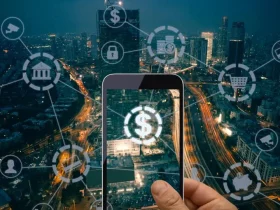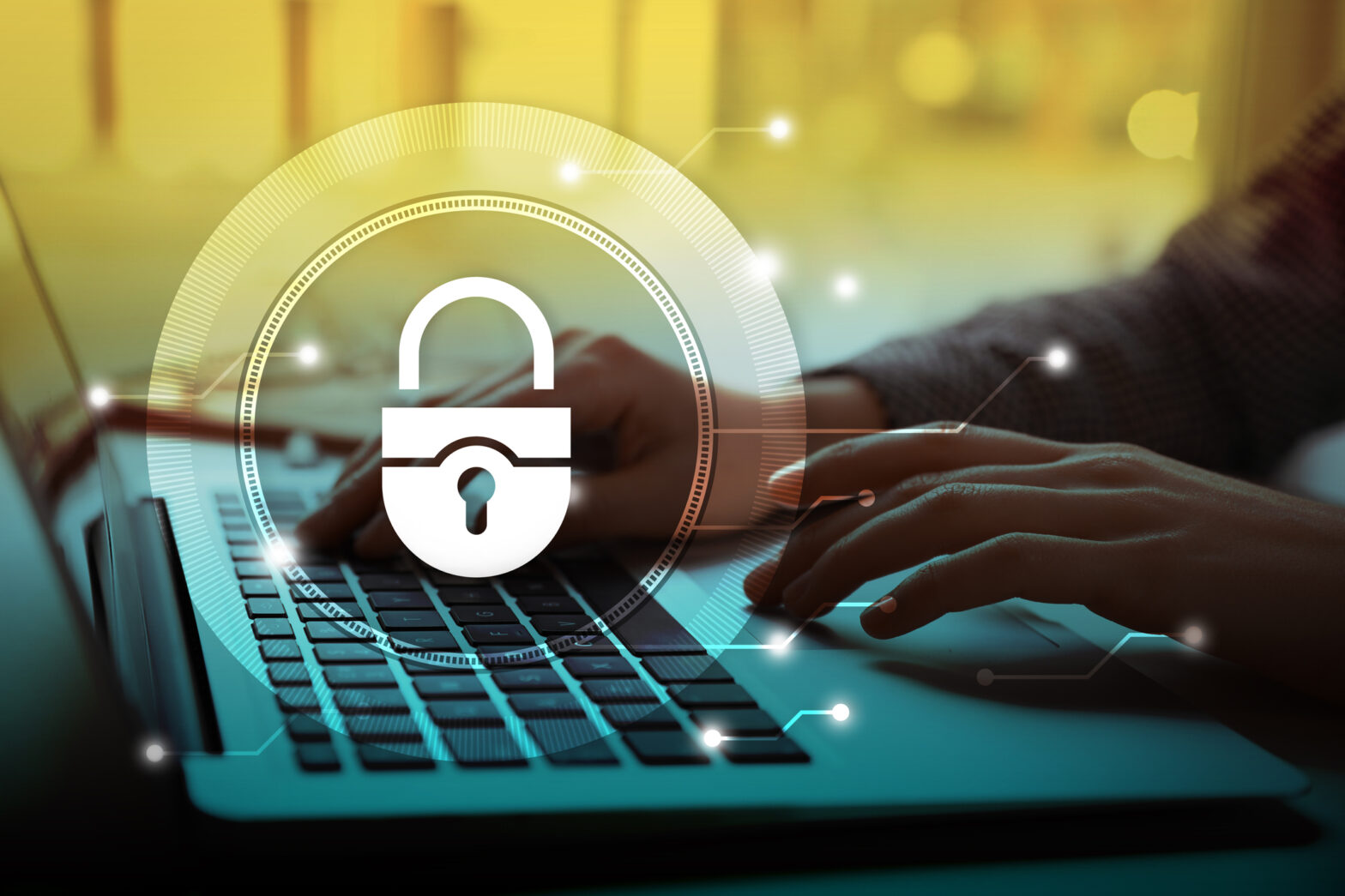Jake Moore could hack into your WhatsApp account in just a few clicks. He isn’t a scammer, but he knows how they operate. He has been a cyber crime expert for 13 years and, as the former Police Head of Digital Forensics, he has seen most of the tricks. These days though, the tricks are becoming increasingly advanced.
According to data from the accounting firm BDO, the amount of online fraud committed in the UK more than doubled in 2023, costing £2.3bn. UK Finance reported that romance scams and ID theft are among the fastest-growing categories with a total of 1.4 million cases recorded.
William Wragg, a senior Conservative MP, recently fell victim to a targeted online scam. He admitted to handing over the personal phone numbers of colleagues, after being blackmailed by someone on the dating app Grindr.
Moore advises companies on how to avoid these sorts of ever-changing security risks. It starts with simple, daily habits. “I find it interesting that the more I talk to people about basic cyber security, the more I realise that people either don’t know about it, or they just put it off,” says Moore. “It’s like doing your insurance. It is a bit boring.”
But by putting off these easy, everyday steps, phone users are at increasing risk of alarmingly complex scams, from fake calls by AI voice software to webcam hacking. The secret to safety is consistency: “It’s all about that balance between security and convenience.”
Here, Moore shares what he does regularly to make sure his personal life is safe from fraud, and online blackmail.
I never send texts
Moore would never send an SMS text; not even an iMessage. These are too vulnerable to hacking, as they can be intercepted by third-party software. “WhatsApp offers end-to-end encryption, which is an absolute must. It means that the communication cannot be intercepted by anyone, even Meta, which owns WhatsApp,” he says.
If a hacker can type into your texts, they can steal personal information needed to commit fraud.
“Going one step further. You can use platforms such as Signal. Everyone that I speak to in cyber security will use Signal for messaging as it is extremely privacy focused,” says Moore. Both WhatsApp and Signal are encrypted, but Signal collects less meta-data about its users: “And you can add more features such as disappearing messages.”
I always agree to my phone’s updates
Moore’s phone and computer software have been set to update automatically. Even his mobile apps. “Apple often does funny marketing on its updates, to give you a reason to do an update. But really, they might have bugs in their current operating system,” he says.
“There are criminals that are constantly looking for vulnerabilities to exploit in current operating systems, meaning that there are particular ways that I might be able to send you a message that would mean I can access your microphone or your video,” says Moore. “There is some very impressive malware out there. Apple will then find out about this vulnerability, patch that problem, and release it in the next update.”
The only problem is that security updates are not very sexy. “It doesn’t make people want to rush to update. So Apple might add new emojis or new keyboard colours so that people can see the benefit of doing an update. But really what is going on under the hood is the security issues.”
I’d never download TikTok
These days, Moore rarely downloads new apps. “I’ve got to a stage where I know what apps I like, and trust. But I will always do my due diligence on apps and services that I’m using.”
He is especially cautious when it comes to TikTok. “Lots of governments around the world are a bit nervous about using Chinese apps. TikTok doesn’t share or analyse its data outside of the app but there is a risk that Chinese companies, by their own law, have to share data should it be requested by their government,” says Moore. “The amount of data that Tiktok tracks naturally, even when you tell it not to, is worrying.”
The app collects the user’s location and phone contacts, as well as access to the phone camera and image gallery. “As soon as you start using these apps that are media and content heavy, you start offering by default access to the microphone, and your photo library. Most people are not even thinking twice before offering these apps even more access to their phone.”
I would hide my phone if I received an unexpected security text
As part of his job, Moore has taken over WhatsApp accounts just by sitting next to someone at a café or restaurant. “You would begin talking to someone and ask for their number,” he explains. “I would then log in to WhatsApp on my spare phone with their number and then watch for the authentication code that is texted to them.
“Most people just assume the text must be an error, but scammers would look over your shoulder to read the code. I have been able to take control of someone’s account just by doing that.”
Once Moore has access to the account on his phone, he can send a text from that person’s phone number. This is an easy way to scam a victim’s family and friends.
I use a password manager (even for photos)
Moore knows that our passwords are compromised daily. “Never use the same password. That is a daily ritual. Anyone who understands how criminals work, knows passwords are compromised constantly. We may think that a website for a one-time purchase might not matter. But if that website becomes compromised and the data is leaked, they have access to your email and the password you used.
“They will then use simple software to go and use that same combination on other accounts, which may then have access to your social media or even your email.”
For this reason, Moore has a password manager that gives a unique code for every account, which is then saved in the manager, and encrypted using security software.
Moore doesn’t just use this manager to hide his passwords. “I keep my important documents in there too, such as passport information. And on an iPhone, you can actually lock your photo library behind Face ID, so if someone had access to your phone, they still wouldn’t be able to view them.”
I keep my webcam covered
Moore always has his laptop webcam covered. “Most work laptops have an inbuilt webcam cover, which I encourage people to take advantage of,” he says. It is rare, but cyber criminals have been known to hack into personal computers and record webcam footage while a person is undressing or having sex.
“There is malware out there that allows people to hack into your camera and turn it on remotely, which is horrendous,” he says. “Footage has been threatened to be posted out to family and friends which is terrifying for the victim”.



























Leave a Reply